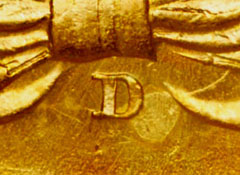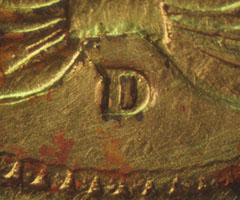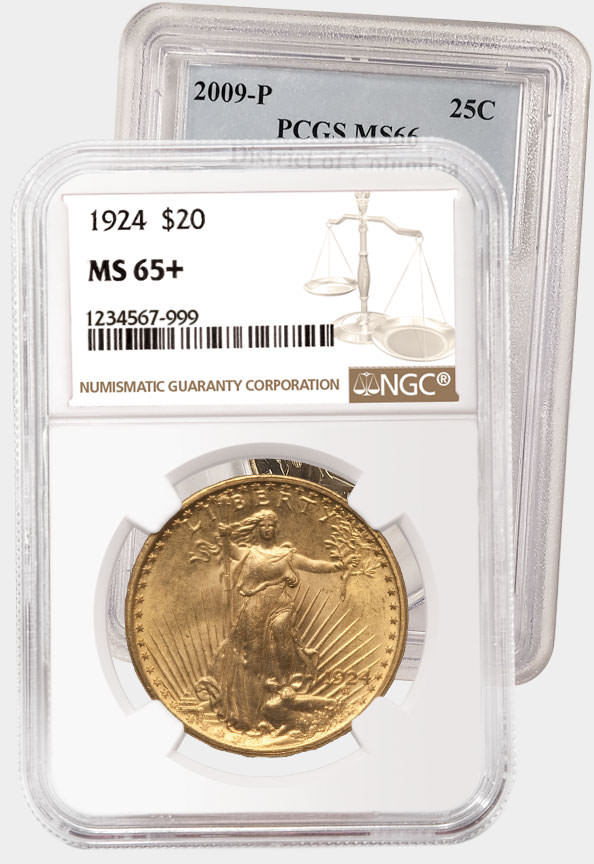Counterfeit Detection: Added Mintmark 1861-D Gold Dollar
Posted on 7/12/2011
There are a few key dates where you frequently encounter added mintmarks. The 1916-D Mercury dime is easily the most common, but other coins such as the 1909-S VDB Lincoln cent and the 1932-D Washington quarter are seen with some regularity. Adding a mintmark is an easy way for a counterfeiter to take a genuine coin with relatively little value, such as a 1916 Mercury dime, and simply solder, glue, or emboss a minuscule letter to increase the perceived value dramatically. NGC recently received one counterfeit with a very unusual added mintmark.
The 1861-D gold dollar has an estimated mintage of only 1,250 coins, and NGC has graded just 29 examples. The potential profit for a counterfeiter is enormous; in VF the NGC US Coin Price Guide reports a value of $9,190. While this makes the coin an obvious target for counterfeits, NGC graders were surprised to see an 1861-D gold dollar with an added mintmark.
Gold dollars, particularly Types II and III, have large mintmarks prominently placed below the wreath. A 1916-D Mercury dime, on the other hand, has a very small mintmark that often blends into the surrounding surfaces on worn examples. Adding a mintmark to the gold dollar required substantial effort and the difficulty is obvious when one looks at the coin.
The D mintmark is misshapen with shortened serifs at the top and bottom. Dark purple verdigris surrounds it, probably to disguise the seam connecting the mintmark to the coin’s surface. The fields around the mintmark show hairlines from cleaning, another effort to hide the fact that the mintmark is erroneous. While this fake is not a particularly good one, it is an interesting example of the attempts by counterfeiters to fool collectors. No coin is immune.
Stay Informed
Want news like this delivered to your inbox once a month? Subscribe to the free NGC eNewsletter today!


